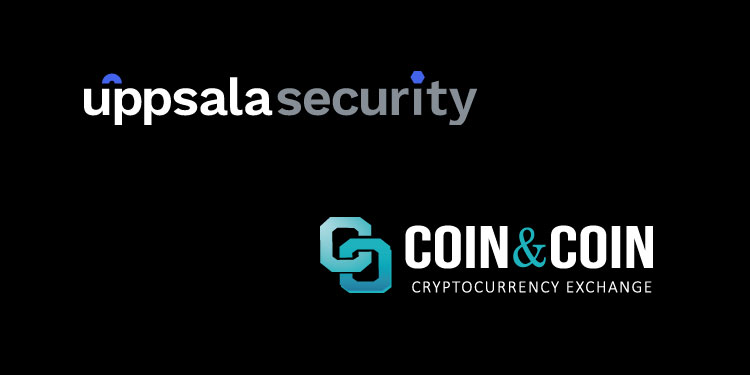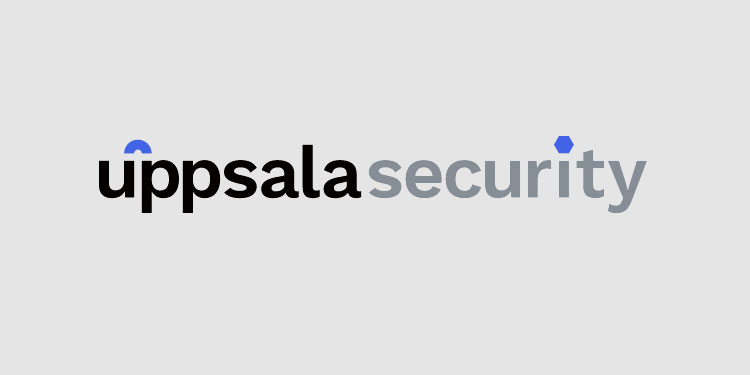Sentinel Protocol, the collective intelligence platform that protects crypto assets against hackings, scams or frauds, has announced a new strategic partnership with Hexlant, a leading Korean blockchain technology, and service laboratory.
Hexlant provides a blockchain wallet service that supports the largest variety of blockchain nodes in Korea through its self-developed modular cryptocurrency node.
Together, Sentinel Protocol and Hexlant will cooperate in expanding the crypto-security market for businesses based on their strategic partnership agreement.
“We are pleased to co-establish Sentinel Protocol’s security enhancement service on the Hexlant Node. Hexlant has already established 12 nodes and succeeded in commercializing them in the South Korea market through the subscription-based business model. We plan to provide cooperative security solutions service to 15 existing customers of Hexlant first and continue to expand cooperation between our two companies in the financial business.”
– Koo Min-woo, Country Manager of Sentinel Protocol, Korea
Sentinel Protocol and Hexlant’s collaboration aims to develop new solutions through the integration of Sentinel Protocol’s crypto Anti Money-Laundering/ Combating the Financing of Terrorism (AML/CFT) technology into the Hexlant Node, including Sentinel’s Threat Reputation Database (TRDB), Crypto Analysis Transaction Visualization (CATV) and Crypto Analysis Risk Assessment (CARA).
“The most important part of blockchain finance is the security of corporate crypto wallets, which will be applied not only to companies but also to investors in the future. We believe that the introduction of Sentinel Protocol`s anti-money laundering technology will enhance transparency in the market, including monitoring suspicious transactions and managing blacklist accounts.’
– Park In-soo, Chief Security Officer of Hexlant
Crypto Analysis Risk Assessment (CARA) – CARA is Sentinel Protocol’s solution to classify a crypto address risk level using machine learning algorithms that continuously learn behaviors exhibited by known malicious wallets and normal wallets. This solution complies with a Risk-Based Approach (RBA) recommended by the FATF, and it can help users to proactively determine which transactions are suspected of money laundering and terrorist financing.






















